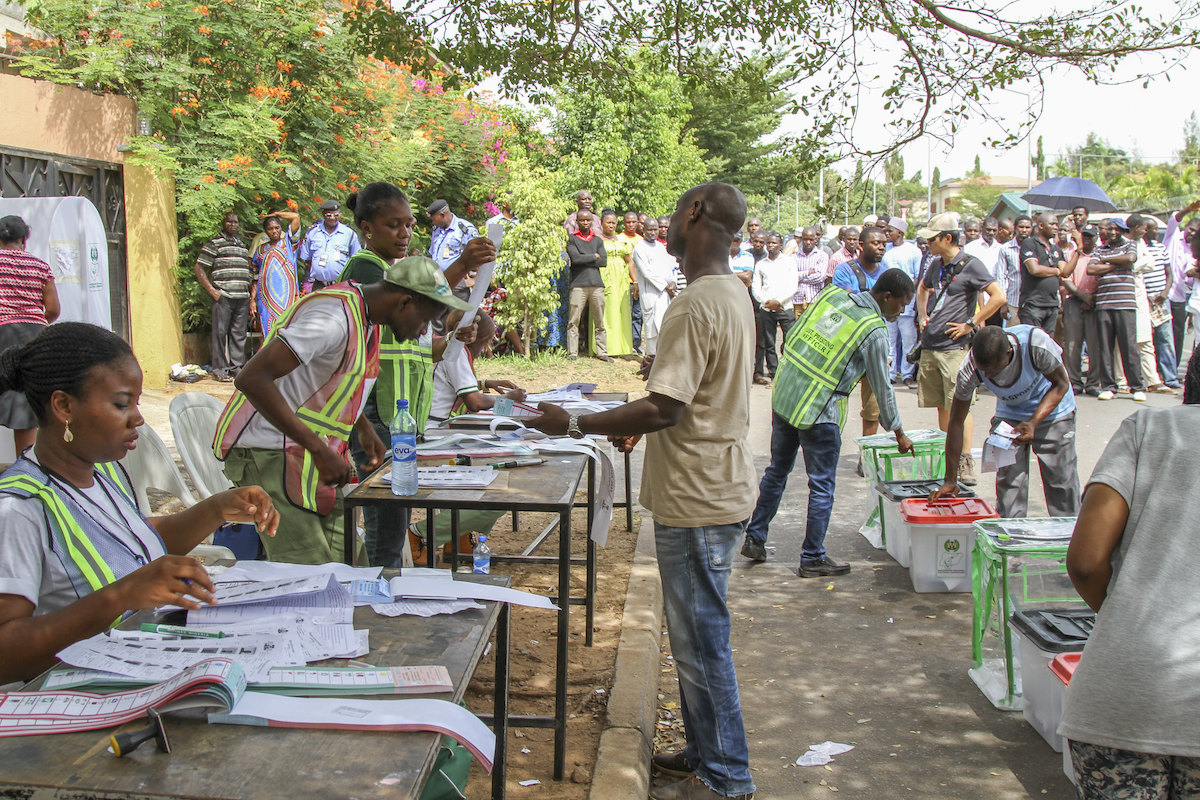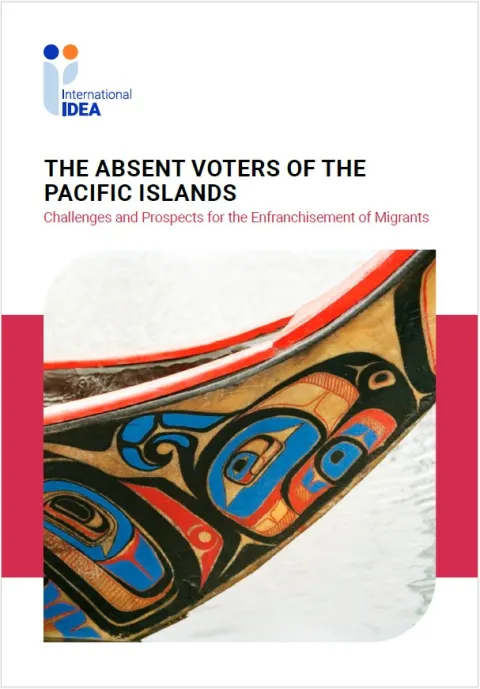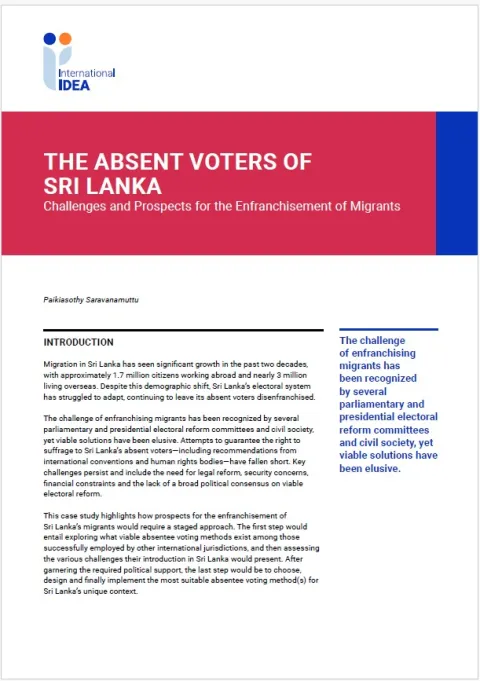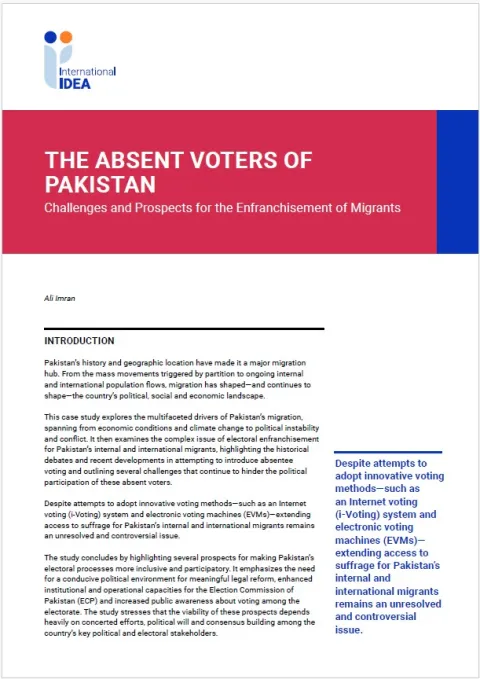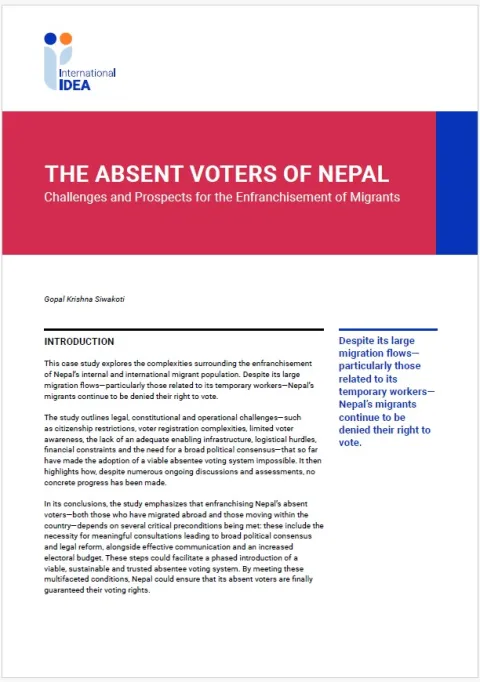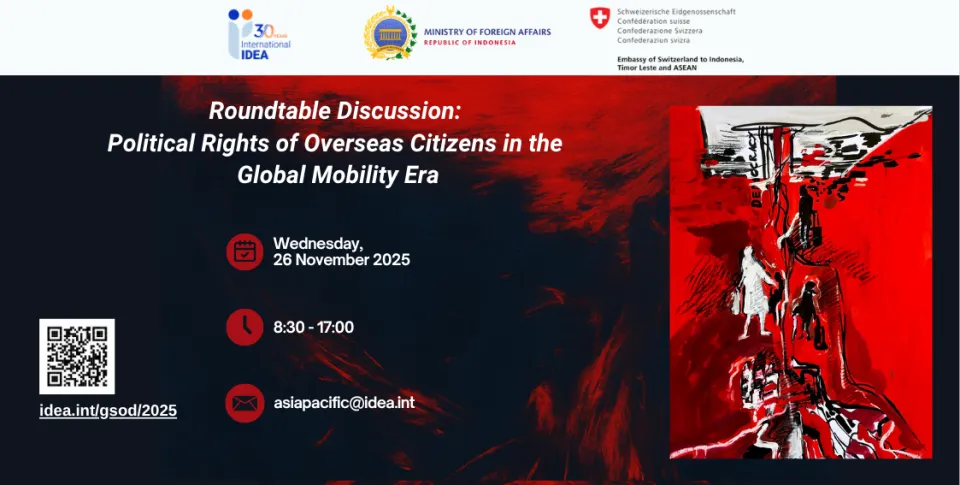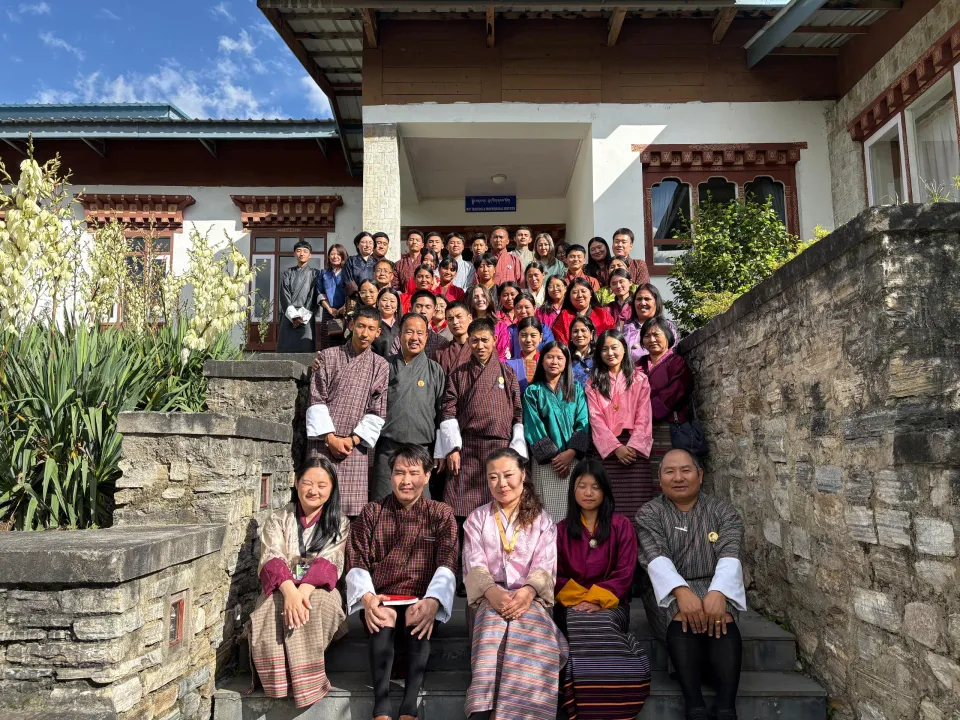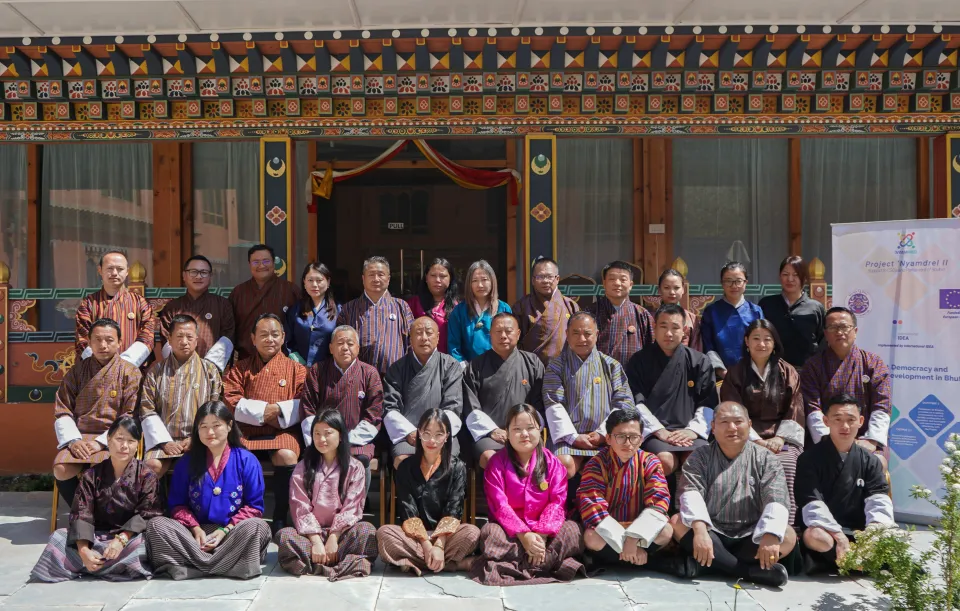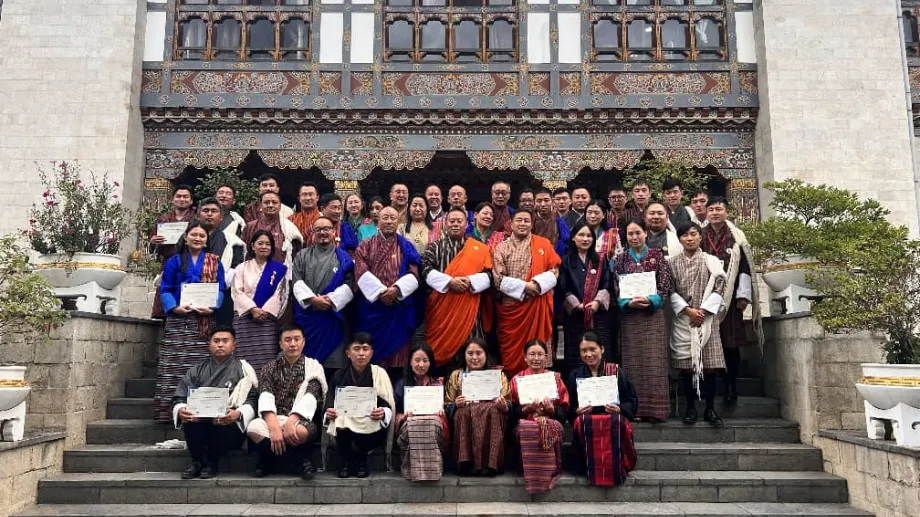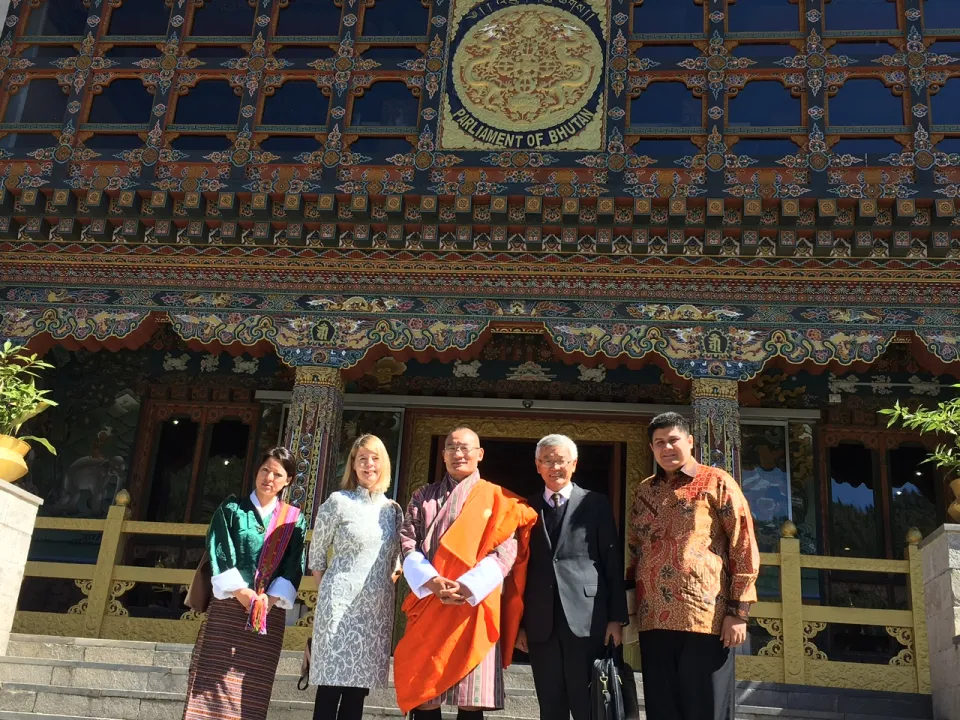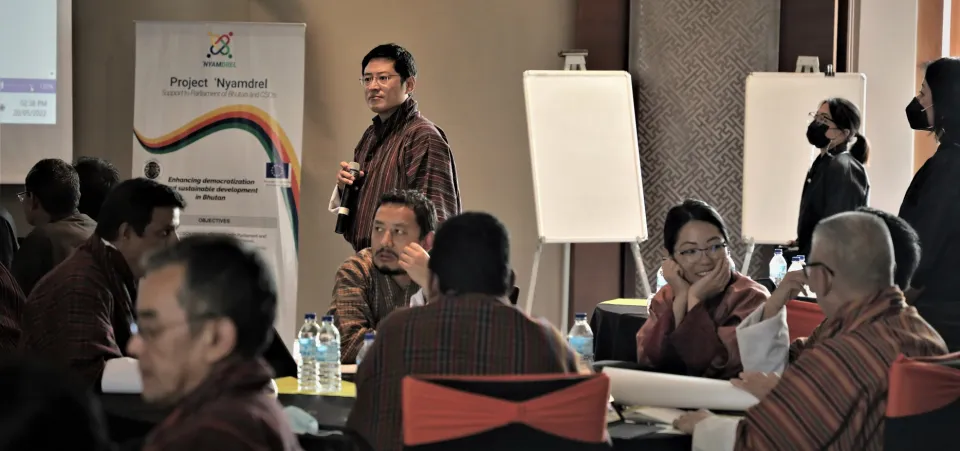The Absent Voters of Bhutan
This case study examines the enfranchisement of Bhutan’s international and internal migrants. Compared with other South Asian countries, Bhutan stands out for adopting absentee voting policies and processes that aim for greater inclusion of its absent voters. However, the legal framework governing eligibility for absentee voting imposes substantial limitations, such as strict residency requirements, property ownership restrictions and limited categories of voters eligible for postal voting, which restrict broader enfranchisement.
The case study offers recommendations to enhance and expand the enfranchisement of Bhutan’s absent voters.
This paper is part of a series of eight case studies on absent voters in Afghanistan, Bangladesh, Bhutan, India, the Maldives, Nepal, Pakistan and Sri Lanka.
Details
Contents
Introduction
1. Context and characteristics of Bhutan’s migration
2. Typologies of migration within and outside Bhutan
3. Status of the electoral enfranchisement of Bhutan’s migrants
4. Challenges to the electoral enfranchisement of Bhutan’s absent voters
5. Prospects for the electoral enfranchisement of Bhutan’s absent voters
References
About the author
About this series
Give us feedback
Do you have a question or feedback about this publication? Leave us your feedback, and we’ll get back to you
Send feedbackThe Absent Voters of Bhutan
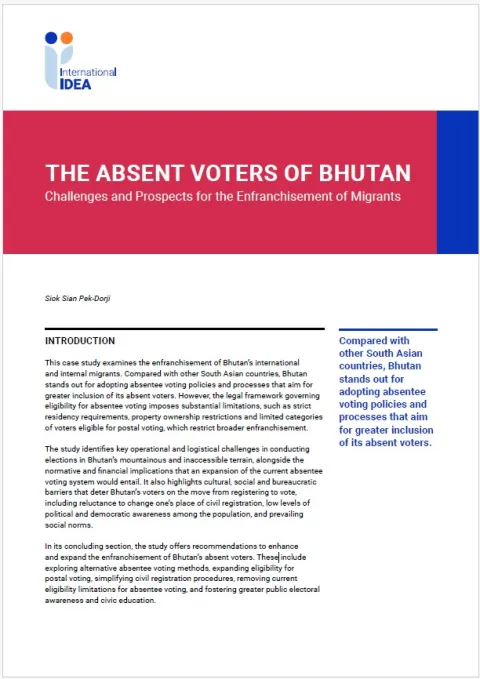
| Total views | 871 |
|---|---|
| Downloads | 9 |
| Rating |
Give us feedback
Do you have a question or feedback about this publication? Leave us your feedback, and we’ll get back to you
Send feedback